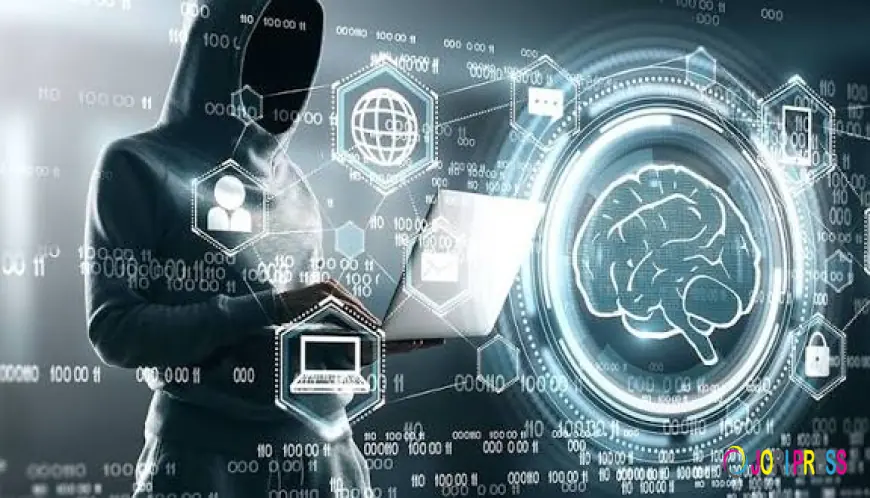My name is Robert, and I live in Mbarara, Uganda. A few years ago, I went through one of the most frightening experiences of my life—my phone was hacked by a skilled and dangerous cybercriminal.
At first, I didn’t think it was serious. I noticed strange things on my phone—messages disappearing, battery draining too fast, and apps opening by themselves. I thought it might be a virus or just a technical issue. But soon, I realized it was much worse.
One day, a friend asked me why I had sent him strange messages asking for money. I was confused—I hadn’t sent anything. That’s when I knew something was wrong. I checked my phone and found out that my mobile money account had been accessed. Even worse, some of my private photos, chats, and passwords were exposed.
I tried changing my passwords. I even bought a new phone. But somehow, the hacker kept getting in. It felt like I was being watched every moment. My calls were being recorded, my texts were being read, and my personal life was no longer private. I felt scared, helpless, and embarrassed.
I refused to give up. I started learning more about phone security and how hackers operate. Here’s what I did to take back control:
Factory Reset – I wiped my phone completely and deleted all data.
Changed All Passwords – Using a safer device, I changed the passwords for my emails, social media, and bank apps.
Enabled Two-Factor Authentication (2FA) – I added extra security to all my accounts.
Stopped Using Public Wi-Fi – Hackers often target people through unsecured networks.
Installed Trusted Security Apps – These helped detect suspicious activity and block access attempts.
Reported the Hack – I filed a report with the police and contacted my service provider to protect my mobile money account.
It wasn’t easy, but with time, I regained control of my digital life.
If it happened to me, it can happen to anyone. Hackers today are smart and fast. They can ruin your life in minutes if you’re not careful.
Here are some simple tips to protect you:
Never share your passwords with anyone—even friends.
Use strong passwords that include numbers, symbols, and capital letters.
Avoid clicking strange links or downloading unknown apps.
Log out of your accounts if you’re using a public computer or someone else’s phone.
Regularly update your phone to fix security bugs.
That experience taught me a powerful lesson: your phone is like your second home—protect it. If you feel something is wrong, don’t ignore it. Take action early before it’s too late.
I survived a senior hacker attack—and so can you, if you stay smart and alert.



